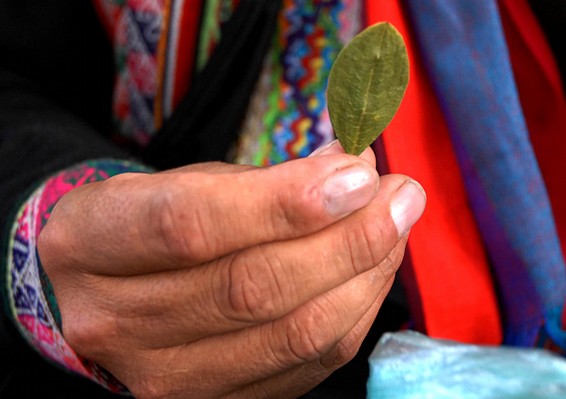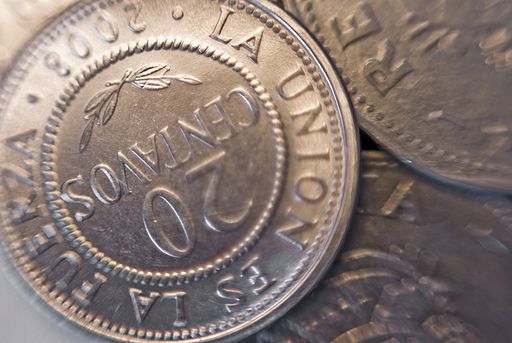I have done a lot of traveling to just one country, and so I tend to start too many sentences with “In Bolivia…”.
After a few of these stories, someone pointed out to me that Bolivians are creative at money making in ways that haven’t caught on in the US. I’ve been struck by how similar South American cultures really are, so maybe these examples will ring true for more Latinos than just my Bolivian friends.
Paid Protesters
In the US recently, political parties have accused each other of paying people to protest. In Bolivia, it’s a fact of life. When a corrupt politician needs a crowd to demonstrate, there are a lot of people who need the money enough to do it. When interviewed, they sometimes don’t know what they are protesting. They were just told to get in the way. This one is hard to prove, but when there’s that much confusion, something else is going on.
Line Holders
.jpg) Sorry, you forgot to fill out form H-27.
Sorry, you forgot to fill out form H-27.
To replace your expired government issued ID in Bolivia, you need to wait in line at a government office. So you wake up, have your tea, then head out the door at 8 to discover the line is already around the block. Some of these people have been waiting since 4 AM. You’re in for a dull morning.
That’s unless you have cash. If you can pay it, chances are good someone will sell you their place near the front of the line. Several of the people in line don’t even need their ID’s replaced. They’re just waiting so they can sell their place to you.
Professional Criers
Each year on November 2nd, All Saints Day is celebrated with typical South American tardiness and flare. You get together with your family and share a meal at the graves of your dearly departed kin.
If you feel the need to cry, but you just can’t muster up any tears, don’t worry. At any moment you could be addressed by a lady offering to cry for your loved ones in your place, for a small price. And the Beatles said money can’t buy love.
Cocaine
 Coca leaves are chewed as a coffee-like pick-me-up.
Coca leaves are chewed as a coffee-like pick-me-up.
Bolivia has seen a booming economy for the last decade. Some like to attribute this to their shift left in the 2006 election. Other less optimistic analysts point to the most obvious boom industry in Bolivia, cocaine.
After taking office in 2006, Bolivian President Evo Morales kicked out the United States’ Drug Enforcement Agency. Morales ran a pro-coca, pro-socialist, pro-change campaign. Of all those pros, one of them had to work. It turns out by kicking out the DEA, he was opening a free market for the coca leaf and for the export of cocaine, its most popular derivative product. Well, it’s a market anyway. It’s not quite free, because cocaine is still illegal on paper.
Bolivia has consistently taught me lessons about the free market, from its creative endeavors like professional crying, to more established industries like drug production. I don’t applaud all of them, but I’m consistently impressed.
On the other hand, Bolivians complain that it takes a long time to get a business permit from their centralized government. Maybe things aren’t as simple as they look.
** Updated: I tweaked this in 2020 to ensure I was not speaking from a place of normalizing my own culture. Despite my cavalier attitude, I am honestly impressed at the things I’ve learned in Bolivia that I could not have learned in my bubble.

 ,
, 